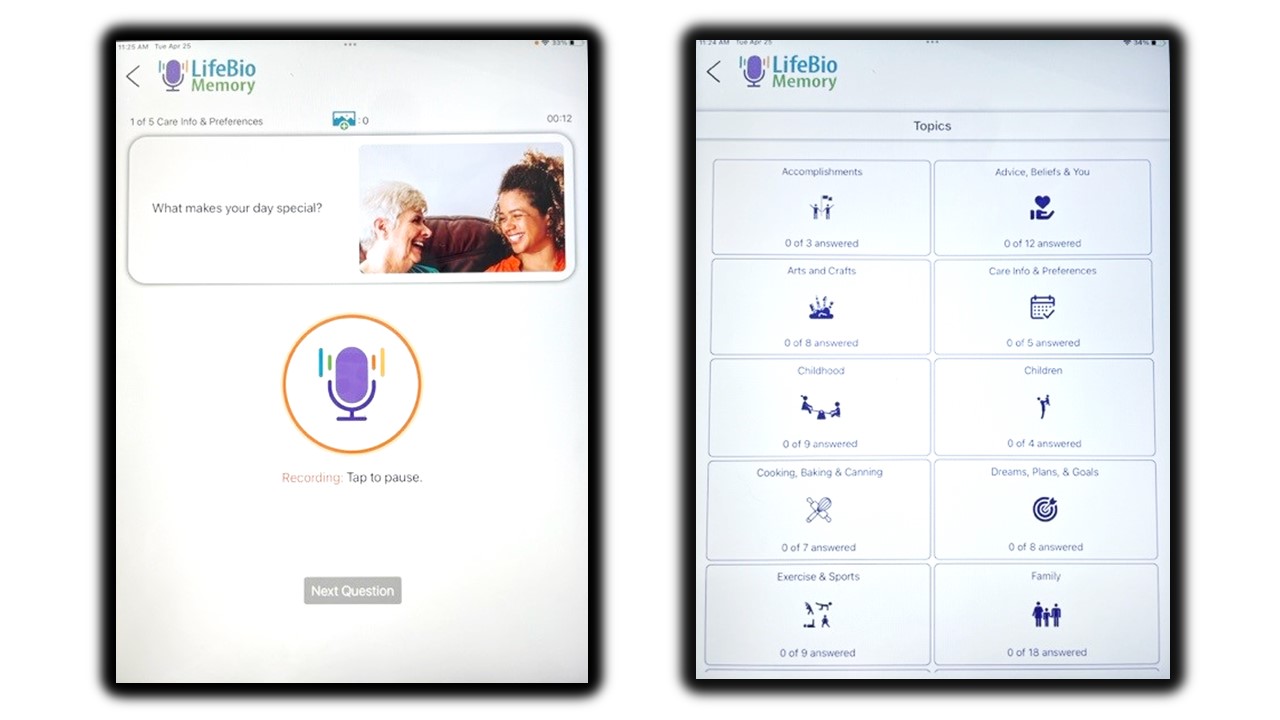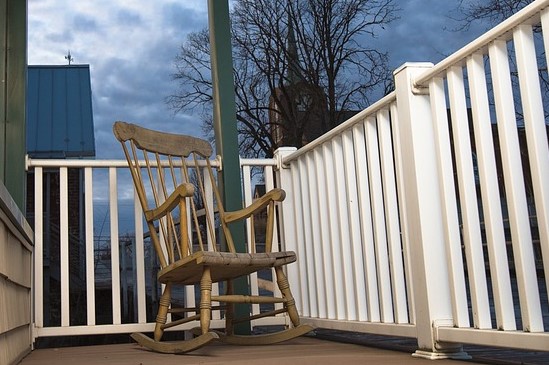Why Did It Spill?

Have you heard the story about a person holding a cup of coffee? When the person is accidentally bumped into by someone else, coffee sloshes out of the cup onto the person’s shirt and the floor. When asked, “Why did you spill the coffee?” the person holding the cup replies, “Because someone bumped into me!”
That is not the entirely the correct answer though. Coffee was spilled because there was coffee inside the cup. Had there been tea in the cup, tea would have been spilled. Whatever is inside the cup is what will spill out.
The tale ends with likening the coffee cup to our lives. When something in life comes along and rattles us (because at some point we are all rattled), whatever is inside us is what will come out. While we can often fake our feelings, it is much more difficult to control when something is shaking us. When life gets tough, what spills forth? Might it be anger, cruelty, unkind words, or resentment? Or will it be patience, humility, gratefulness, and compassion?
Life provides everyone with a cup, but each one of us has to choose how to fill our own cup.

Although we are not in control of everything that goes on around us, we still have a say as to what we choose to put in our cup. While we will come into contact with some things that we might prefer to avoid, most of the time we have free reign of our own cup.
We can decide what we will watch. We can choose if we want to watch television and what kind of programming we prefer. There are endless movies that we can select from or choose not to view. We can decide if we are going to watch videos online or not and what kind. Even in the middle of watching something, we have the liberty to decide if we will continue or turn it off. We can choose if we want to watch other people, look at art, or enjoy seeing nature. We also have the power to close our eyes.
Similarly, we have a say in deciding what we listen to. We can choose if we listen to podcasts or audiobooks. We can decide if we prefer to listen to upbeat music or slower, with or without words, happy or somber. We get to decide if we want to call someone on the telephone or answer another person’s call to us. We can also choose if we want to remain in silence.
We can generally choose what we want to read or if we read at all. We can pick up a book, magazine, or newspaper. We can select if we read fiction or non-fiction. We can often pick from endless authors and genres. We can decide if we will read stories with dark tones or if we only want to read books with happy endings.
In great part, we get to select who we will surround ourselves with. We can choose our friends and who we want to spend time with. We can decide if we will go certain places to come in contact with particular people or not (such as a doctor, a faith leader, an accountant, or a college professor). We can choose if we want to receive visitors (at least when there is not a world pandemic). We can choose if we want to be around people who are generally happy, sullen, positive, or angry. We can decide if we spend time with people who belittle us or who make us feel good about ourselves. We can also choose if we would rather have a moment alone.
What do you want to put in your coffee cup? Do you want only coffee, or do you prefer to flavor or sweeten it? What do you hope will spill out of your cup as you interact with those around you?

While we cannot control every situation that occurs around us, we do have a choice in how to we respond to circumstances. We can choose if we speak up or remain silent. We control if we whisper, talk in a normal voice, or yell. We select our tone of voice and the words we use. We choose if we will swing our fists or restrain ourselves. We decide if we will express kindness or bitterness or other emotions.
There was once a foreign language teacher who had a sign hanging by her desk which read, “ICH.” Knowing that the teacher did not teach German though, a co-worker pondered the poster. The colleague finally asked about the sign, and the mentor teacher responded that it served as a reminder to her every day. It stood for “I CHOOSE HAPPINESS.” She went on to explain that life is imperfect, but we have a choice in how to respond. For example, students may sometimes make poor choices, but teachers have a responsibility in choosing their response, such as if they will use the teachable moment to speak maturely, calmly, and fairly. Things will happen that we do not always agree with or approve of, but we decide how we will react.
If you are in a vehicle and a car cuts you off, do you respond with shouting obscenities or do you simply let the other driver go? If you see an elderly woman struggling to walk into a store, do you continue hurriedly on your way or do you wait the extra minute to hold the door for her? If your neighborhood newspaper carrier accidentally throws your newspaper into a puddle of water, do you react with understanding or do you call and file a complaint with the newspaper? Does your response change if your newspaper has fallen in a puddle six days this week? When a situation arises, do you respond without thinking or do you take a moment to contemplate the best response? How do you react to change, to difficulties, or when things don't go exactly as you hoped?
What is in your cup? How would you like to continue filling your cup? It may take time to determine your perfect cup of coffee. You may need to decide where you prefer to buy it. You may need to test if you prefer one lump of sugar, two, or none. You may have to sample if you like certain flavors or adding cream. Your palate may change over time, or you may learn new ways (like adding cinnamon!). Finding and keeping the perfect cup may take time and practice. So too does getting the perfect blend to fill our symbolic coffee cup of life. What will you put in your cup today?

**The coffee cup story has been attributed to many different sources, but there is no consensus on the author. If any of the readers of this blog have more information about the original author, please let us know.




